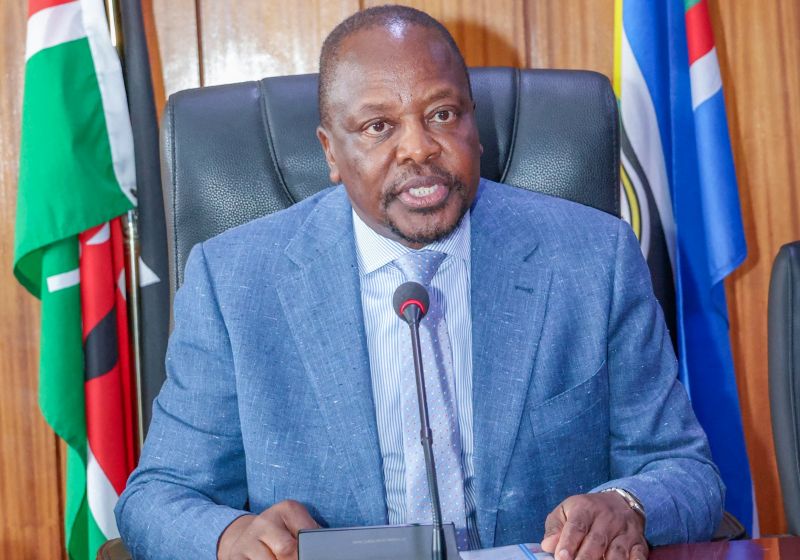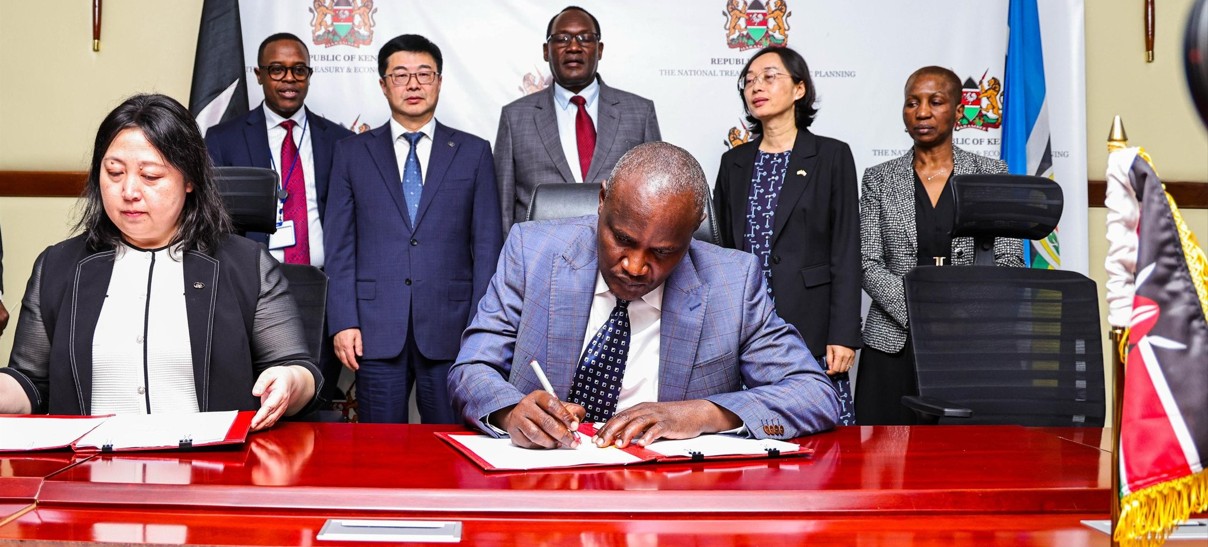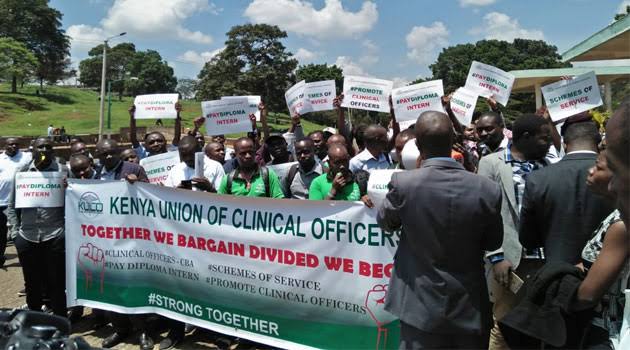Nairobi to appoint six borough managers to enhance service delivery

The appointed managers will act as direct links between City Hall and residents, serving as the eyes and ears of the county in their respective regions.
Nairobi is set to strengthen local service delivery as Governor Johnson Sakaja moves closer to appointing six borough managers across the city.
Eight candidates have been proposed, from which six will be chosen to oversee Nairobi East, West, North, South, South East, and Central boroughs, marking a key step in decentralising governance.
More To Read
- City Hall moves to recognise urban farmers in policy review
- How Riruta’s upgrade to Level IV hospital is transforming healthcare across Dagoreti
- Why City Hall moved hospital accounts to Sidian Bank- Sakaja
- City residents say Nairobi's illegal billboard cleanup favours some areas over others
- Sakaja’s loan request for salaries draws ire from Nairobi MCAs for lack of details
- Eastleigh MCA blames county officials for destruction of newly built Captain Mungai Street
“We have shortlisted borough managers; eight names have already been tabled, and from them, we shall appoint six. Each manager will be responsible for their borough, ensuring that local needs such as roads, water, and other essential services are identified and addressed without unnecessary bureaucracy,” Sakaja explained on Thursday.
The appointed managers will act as direct links between City Hall and residents, serving as the eyes and ears of the county in their respective regions.
They will interact closely with communities to understand their concerns and coordinate with the executive to implement practical solutions.
“This system brings government closer to the people. It’s about understanding that what Nairobi West requires may be different from what Nairobi East needs. By localising leadership, we can ensure development is fair, focused, and effective,” the governor added.
Once in place, the borough managers will oversee critical services, including roads, water supply, garbage collection, and other essentials, ensuring they are delivered efficiently.
The initiative aims to reduce bureaucratic delays, improve accountability, and encourage residents to take greater ownership of local development.
Sakaja described the plan as part of a larger vision to make city governance more inclusive and responsive to Nairobi’s diverse population. If the model succeeds, it could become a template for urban management across other devolved cities.
The final appointments are expected in the coming weeks.
Top Stories Today

















































